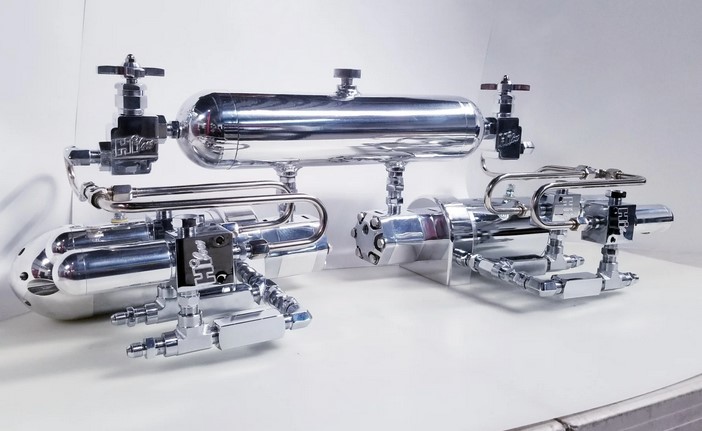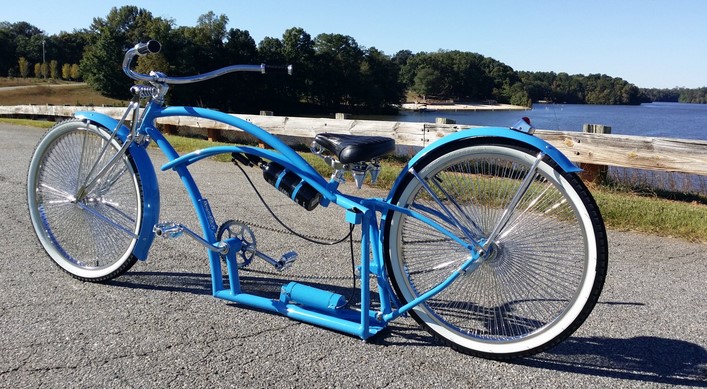
Flywheel bearings are crucial components in automotive engines, designed to reduce rotational friction and support radial and axial loads. They are typically located between the flywheel and the crankshaft, playing a pivotal role in the smooth operation of the clutch and transmission system. These bearings are responsible for ensuring the flywheel rotates freely, reducing heat and wear within the engine. They are made from high-quality materials to withstand high temperatures and pressures, ensuring durability and longevity. Regular maintenance and inspection of flywheel bearings are essential to prevent engine failure and ensure optimal vehicle performance.
Understanding the Role of Flywheel Bearings in Automotive Engines
Flywheel bearings play a crucial role in the smooth operation of automotive engines. They are an integral part of the engine’s flywheel system, which is responsible for storing rotational energy and ensuring the engine runs smoothly. Understanding the role of flywheel bearings in automotive engines can provide valuable insights into the overall functioning of a vehicle.
Flywheel bearings are typically located between the flywheel and the crankshaft, two critical components of an engine. The flywheel, a heavy metal disc, stores rotational energy when the engine is running and releases it when the engine is idle. This stored energy helps maintain a consistent engine speed, ensuring the vehicle runs smoothly even when the engine’s power output fluctuates.
The crankshaft, on the other hand, converts the linear motion of the pistons into rotational motion, which drives the wheels of the vehicle. The flywheel bearings sit between these two components, reducing friction and facilitating smooth interaction between them. Without these bearings, the friction between the flywheel and the crankshaft would increase significantly, leading to increased wear and tear and potentially damaging these critical engine components.
Flywheel bearings are designed to withstand high rotational speeds and loads. They are typically made of high-quality steel and are precision-engineered to ensure they can handle the stresses and strains of an operating engine. The bearings are also lubricated to reduce friction and heat, further enhancing their durability and performance.
However, like all mechanical components, flywheel bearings are not immune to wear and tear. Over time, the constant friction and heat can cause the bearings to wear out, leading to increased friction and potentially damaging the flywheel and crankshaft. When this happens, the engine may start to run roughly, and the vehicle’s fuel efficiency may decrease. In severe cases, a worn-out bearing can cause the engine to seize up completely, leading to costly repairs or even a complete engine replacement.
Therefore, it is essential to regularly inspect and maintain the flywheel bearings to ensure they are in good working condition. Regular oil changes can help keep the bearings lubricated and reduce friction, while regular inspections can help identify any signs of wear and tear before they become serious problems. If a bearing does need to be replaced, it is usually a straightforward process that can be carried out by a qualified mechanic.
In conclusion, flywheel bearings play a vital role in the smooth operation of automotive engines. They reduce friction between the flywheel and the crankshaft, helping to maintain a consistent engine speed and ensuring the vehicle runs smoothly. Regular maintenance and inspection of these bearings can help prolong their lifespan and prevent costly engine damage. Understanding the role of flywheel bearings in automotive engines is therefore crucial for anyone who owns or operates a vehicle.Flywheel bearings play a crucial role in automotive engines, ensuring smooth transmission of power from the engine to the drivetrain. They reduce friction, support rotational movement, and help in the efficient functioning of the flywheel mechanism. Any damage or wear and tear to these bearings can lead to significant performance issues in the vehicle. Therefore, regular maintenance and timely replacement of flywheel bearings are essential for the optimal performance and longevity of automotive engines.

